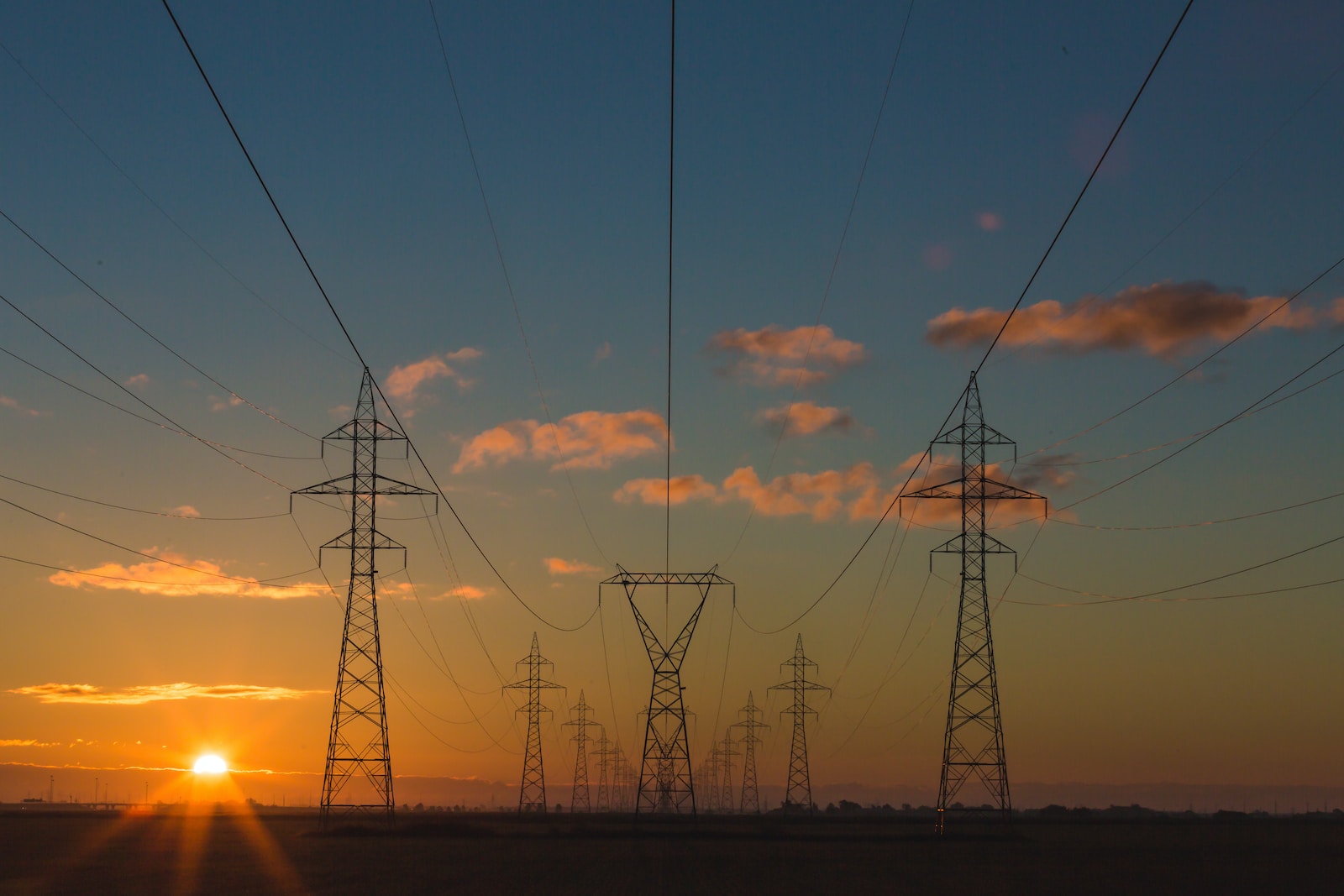In today's world, energy is a vital resource for the functioning of our societies. Choosing an energy supplier is an important decision that can have a significant impact on our monthly bills and our ecological footprint. That's why it's essential to understand how to effectively compare energy suppliers to make the best possible choice. In this article, we'll explore energy suppliers, how to compare them, the criteria for choosing the best supplier and how to make a choice that promotes a sustainable energy future.
Understanding energy suppliers: an overview
Energy suppliers are companies that produce and sell energy. This may be electricity, natural gas, oil, etc. These companies can be public or private, and can vary in size from small local enterprises to large multinationals. Energy suppliers are regulated by government agencies to ensure safety and fairness for consumers.
There are a wide variety of energy suppliers, each offering different tariffs, services and renewable energy options. Some suppliers focus on supplying energy from renewable sources, while others may offer a combination of energy from renewable and non-renewable sources. It's important to understand the differences between these suppliers to make an informed choice.
In addition, energy suppliers can offer different types of tariffs, including fixed tariffs, variable tariffs, indexed tariffs and time-of-use tariffs. These rates can vary according to energy consumption, time of day, day of week, season and other factors. Understanding these different types of tariffs can help consumers choose the supplier that best suits their needs.
Finally, it's also important to consider customer service when comparing energy suppliers. Good customer service can make a big difference if you have a problem or question about your energy service.
How can I effectively compare energy suppliers?
The first step to comparing energy suppliers effectively is to understand your energy needs. This includes knowing your average energy consumption, your energy use habits and your renewable energy preferences.
Once you have a good idea of your needs, you can start comparing energy suppliers. There are many websites and online tools that can help you compare tariffs, services and renewable energy options from different suppliers. These tools can help you make a side-by-side comparison of different suppliers to make your decision easier.
When comparing energy suppliers, it's important to consider all the associated costs. This includes not only the energy rate, but also service charges, delivery charges, taxes and other fees. These additional costs can have a significant impact on the total cost of your energy.
Finally, don't forget to read the small print. Some energy suppliers may offer attractive rates at the outset, but increase prices after a certain period. Make sure you understand all the terms and conditions before making a decision.
Criteria for choosing the best energy supplier
Choosing the best energy supplier depends on several criteria. The first, of course, is cost. You want a supplier that offers good value for money in terms of rates and services.
The second criterion is the energy source. If you're concerned about the environment, you may want to choose a supplier that uses mainly renewable energy sources. Many suppliers now offer green energy options, which can be an important factor in your decision.
The third criterion is customer service. Good customer service is essential for solving problems and answering questions. Look for a supplier with a good reputation for customer service.
Finally, consider the supplier's stability and reliability. You want a supplier with a good reputation for reliability and stability to ensure that you'll always have access to the energy you need.
Making the right choice: Inspiring a sustainable energy future
Choosing your energy supplier isn't just a question of cost. It's also about your impact on the environment. By choosing an energy supplier that uses renewable energy sources, you can help reduce your carbon footprint and promote a sustainable energy future.
In addition, many energy suppliers now offer energy efficiency programs and advice to help consumers reduce their energy consumption. By taking part in these programs, you can not only save money, but also help reduce energy demand and preserve natural resources.
Finally, by making an informed and responsible choice of energy supplier, you can inspire others to do the same. Your choice can have an impact on your friends, family and community, encouraging them to think about their own energy consumption and make more sustainable choices.
Choosing an energy supplier is an important decision that has an impact on your budget, your comfort and the environment. By understanding energy suppliers, effectively comparing their offers, carefully evaluating your options and making a choice that promotes sustainability, you can not only find the best supplier for your needs, but also contribute to a more sustainable energy future. So take the time to make the right choice - for you, for your wallet and for our planet.




